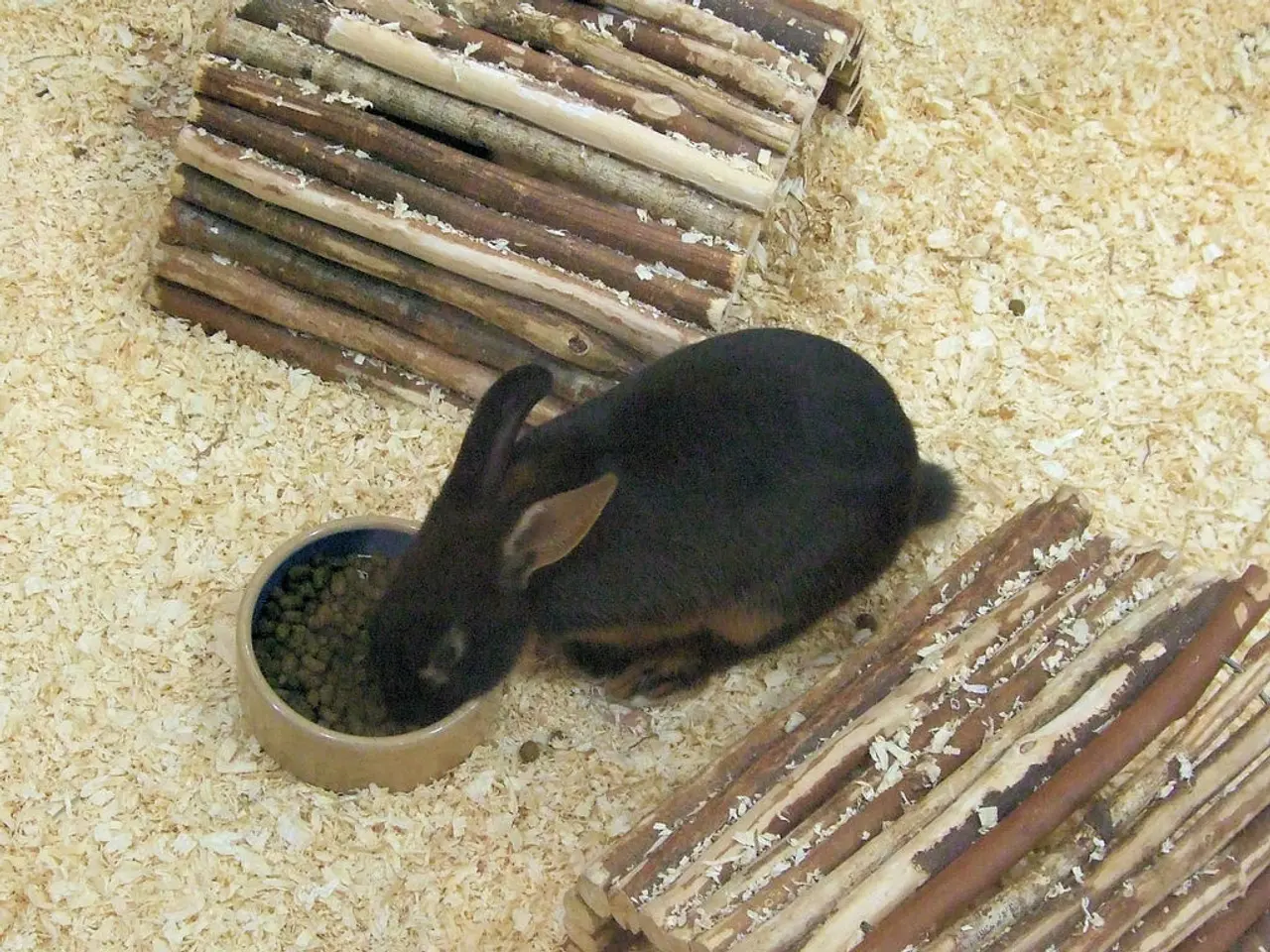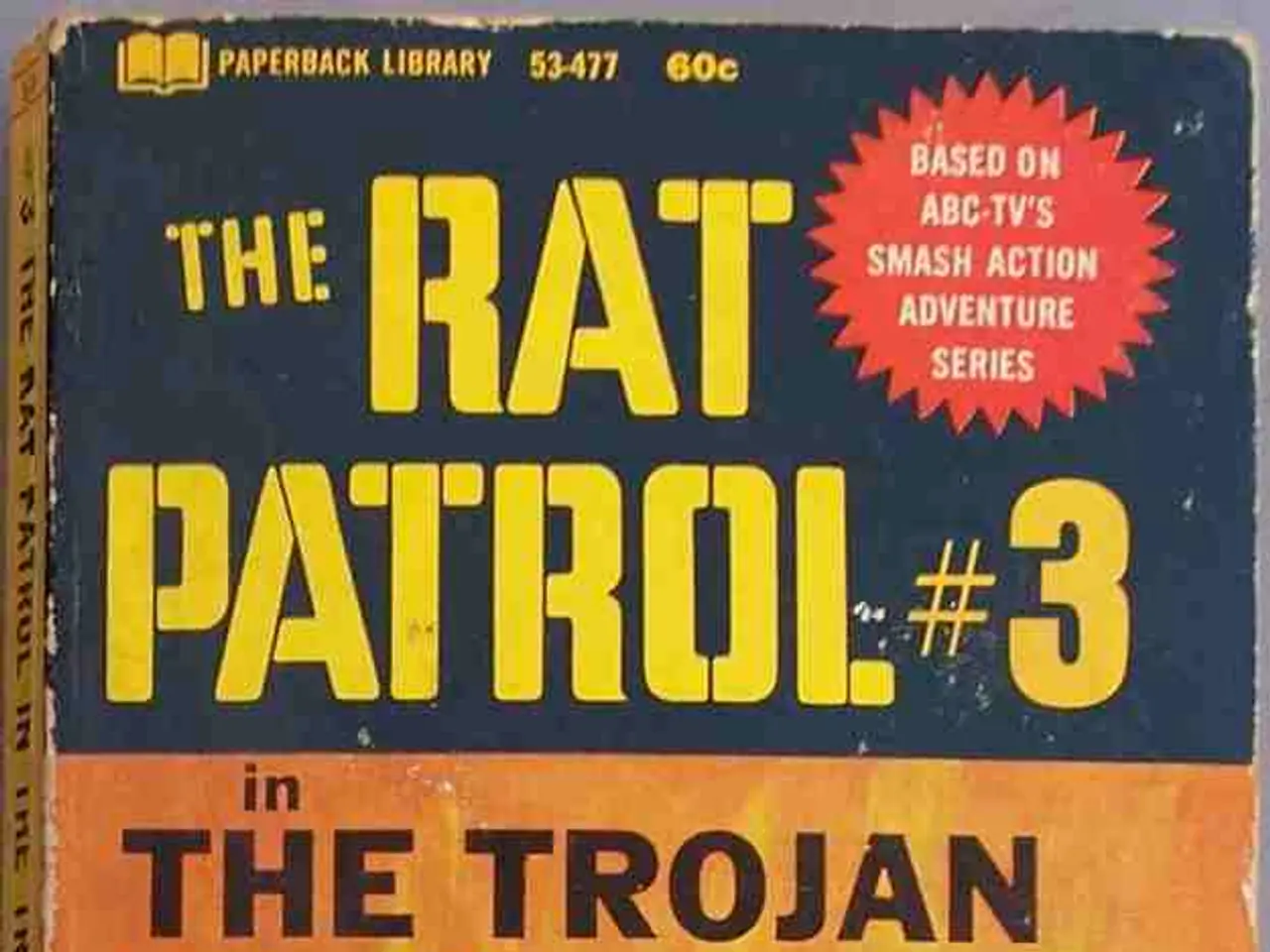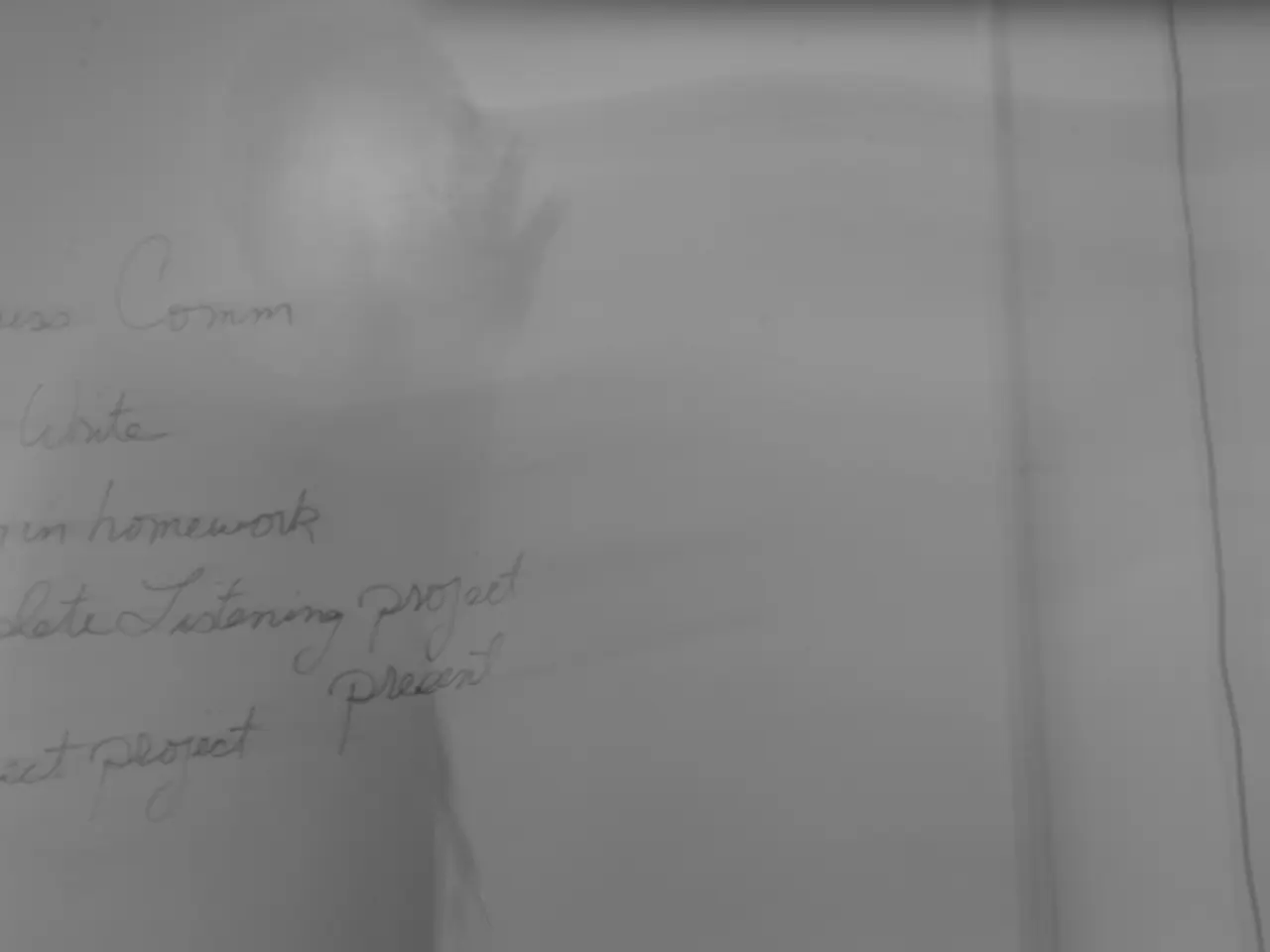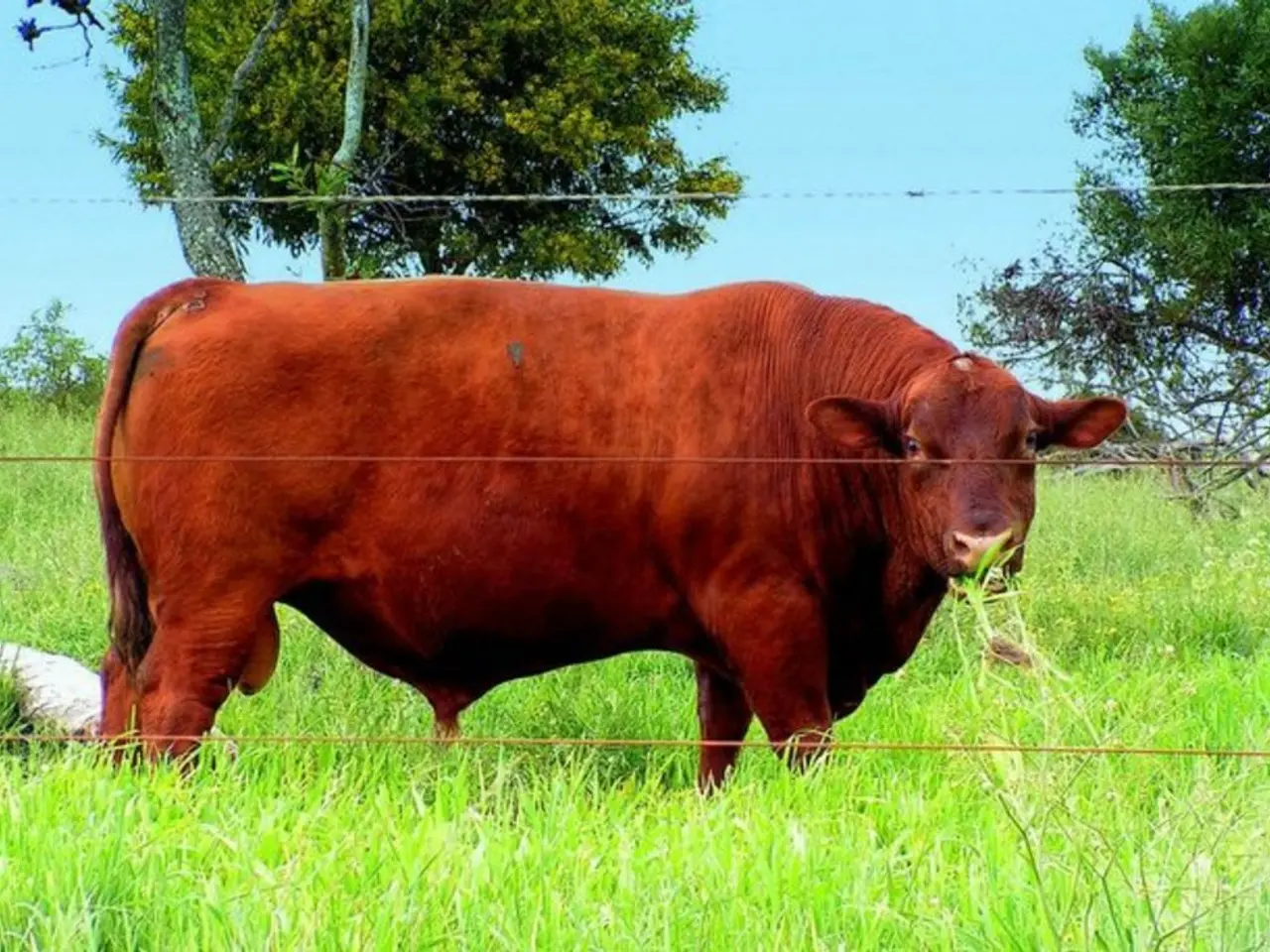Zoological park seeks contributions for pet meals to sustain carnivores
In the world of zoos, the practice of accepting pet donations to feed captive predators is a topic of debate. Two zoos, the Aalborg Zoo in Denmark and the Nuremberg Zoo in Germany, are known to follow this practice, albeit for different reasons.
The Aalborg Zoo, with a focus on maintaining the natural behaviour and nutrition of its predators, recently appealed on social media for donations of smaller pets such as chickens, rabbits, and guinea pigs. Lynxes at the Aalborg Zoo, for instance, require whole prey that resemble the animals they would hunt in the wild. The zoo ensures that these donated animals are humanely euthanized before being used as food, and sometimes owners can even receive tax deductions for donating horses.
On the other hand, the Nuremberg Zoo's actions have been met with controversy. In a bid to prevent waste, the zoo has fed six baboons to its lions, tigers, cheetahs, and otters due to lack of space. The heads of the baboons were removed for scientific purposes, according to Jörg Beckmann, the deputy director of the Nuremberg Zoo. This practice has been criticized by animal welfare activists, raising concerns about the morality of euthanizing healthy pets donated by the public.
The ethical implications of this practice are complex. Supporters argue that it aligns with professional responsibility to maintain a natural diet and behaviour for predators and promotes animal welfare by using whole prey without waste. Critics, however, see it as controversial or cruel, questioning the morality of euthanizing healthy pets donated by the public.
It's important to note that both zoos share a policy of using donated animals as food for their predators when necessary. The Aalborg Zoo, for instance, accepts live horses, which are then slaughtered for feeding to predators.
In contrast, the dental health of the predators at the Nuremberg Zoo is maintained without the need for tartar removal under general anesthesia, thanks to their diet. However, the practice of feeding whole baboons to its predators has been defended by the zoo as beneficial for their dental health.
In zoos, ensuring the natural food chain of animals is crucial for both animal welfare and professional integrity. The humane euthanasia by trained staff and efforts to avoid waste are central to how zoos frame the ethical acceptability of this practice.
For those with a healthy pet to give away, the Aalborg Zoo welcomes donations. The goal is to prevent waste by using donated pets as food for its predators. However, the ethical debates surrounding this practice continue, with public perception and the source of the animals remaining key points of discussion.
[1] Aalborg Zoo's Pet Donation Policy: https://www.aalborgzoo.dk/en/news/2021/aalborg-zoo-donates-pets-to-predators [2] Nuremberg Zoo's Baboon Feeding Controversy: https://www.theguardian.com/world/2021/jan/05/nuremberg-zoo-feeds-baboons-to-lions-tigers-and-otters-due-to-lack-of-space [3] Ethical Implications of Donating Pets to Zoos: https://www.animalethics.org.uk/articles/ethical-implications-of-donating-pets-to-zoos/
- The Aalborg Zoo, in an attempt to offer a natural diet for its predators and prevent waste, appeals for pet donations such as chickens, rabbits, and guinea pigs, ensuring the humanely euthanized animals are used as food, with some donors potentially qualifying for tax deductions.
- While the Aalborg Zoo's policy regarding pet donations has generated some discussion on ethics, the Nuremberg Zoo's practice of feeding whole baboons to its predators, resulting from lack of space, has sparked major controversy among animal welfare activists, questionably euthanizing healthy pets donated by the public.






